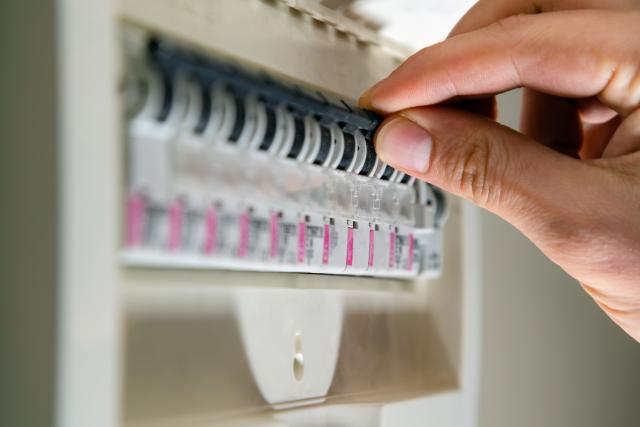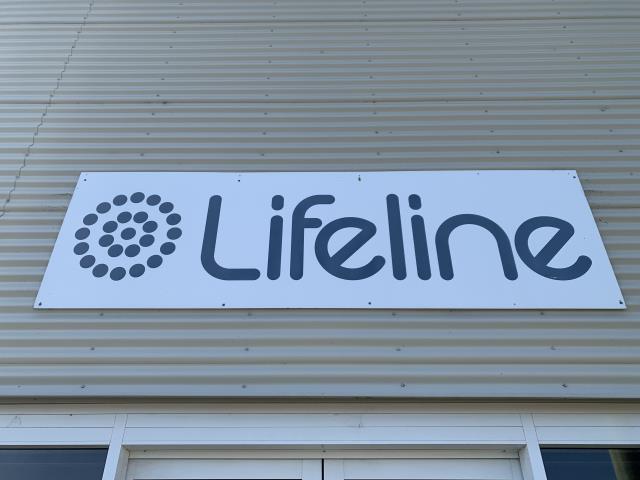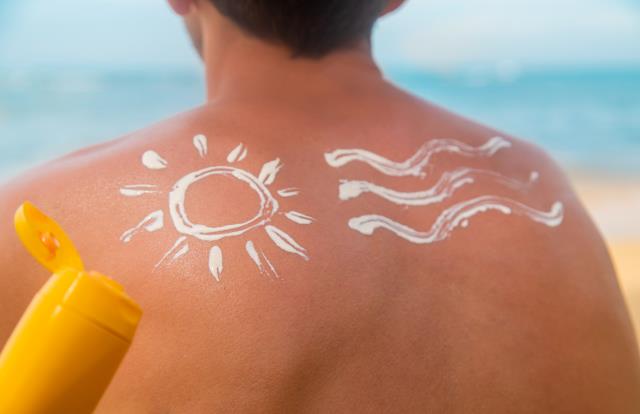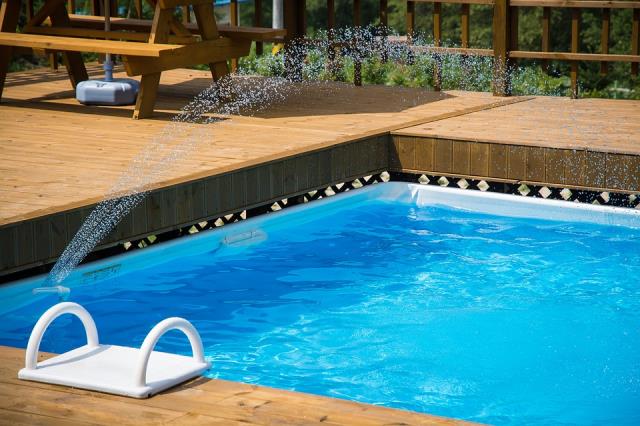Council are hoping to expand mental health services for young men in the municipality following a new report accepted at a meeting on Monday, April 24.
The report outlining the key health and wellbeing needs for younger men, aged 18 to 40 found a number of areas of concern for men in Australia, including poor mental health, men visiting the doctor less often than women, and male life expectancy which is five years shorter than women, and is further decreased for certain male population groups, such as men who identify as Aboriginal and Torres Strait Islander, migrants, people with disabilities and those from LGBTI communities.
The report stated that nearly half of residents in the City of Melton are between the age of 18-49, and that health and wellbeing data of young males shows that more needs to be done in the provision of programs and services to address health and wellbeing barriers.
Several programs specifically for men available in the City of Melton including Men’s Sheds, and the Sons of the West (SOTW) Program delivered in partnership with the Western Bulldog’s Community Foundation (WBCF), however the report found that participation of males between 18-40 in programs is minimal.
Council hopes to address the issue through the already successful SOTW program by altering its delivery to attract more young men.
Methods suggested include reviewing time and location of the sessions to allow for greater participation of men of working age, updating weekly education sessions to address the needs of younger men, running a shorter or one-off introductory program on mental wellness targeted to attract younger men, and having further discussions with the WBCF to determine if a dedicated stream targeting men aged 18-40 would be viable as part of its program.
Councillor Sophie Ramsay said she “truly values” the work that went into the report.
“We know that men, especially between the ages of 25 and 39 are very high on the health registers, because they don’t go and get checked, because men are indispensable as we all know, they need the supports that are out there… and I can only see we strengthen our resolve even further,” she said.







